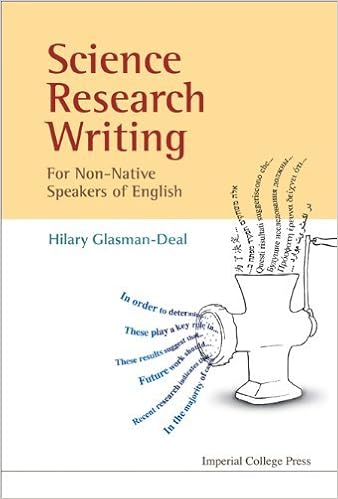
Francis Bacon (1561- 1626) is regarded by some as the father of modern science. His writings greatly influenced science beginning in the early seventeenth century. He not only promoted scientific research methods but also encouraged clear, concise writing. Traditionally, scholarly writing had been "stilted, convoluted, clouded with subjective and flowery language" (Goldbort, 2006, p. 7-8). Good scientific writing should be simple, un-biased, and objective.
This guide will help you with research and writing projects in your biology classes. Follow the steps on the left for tips on finding topics, keywords and sources, how to recognize good sources and read scholarly papers, and how to properly cite the sources you find.
 Science Research Writing for Non-Native Speakers of English
by
Science Research Writing for Non-Native Speakers of English
by
Goldbort, R. (2006). Writing for science. New Haven: Yale University Press.
Help NASA study the stars, monitor monarch butterfly migration, and much more! Check out Sci Starter to get involved in a citizen science project.